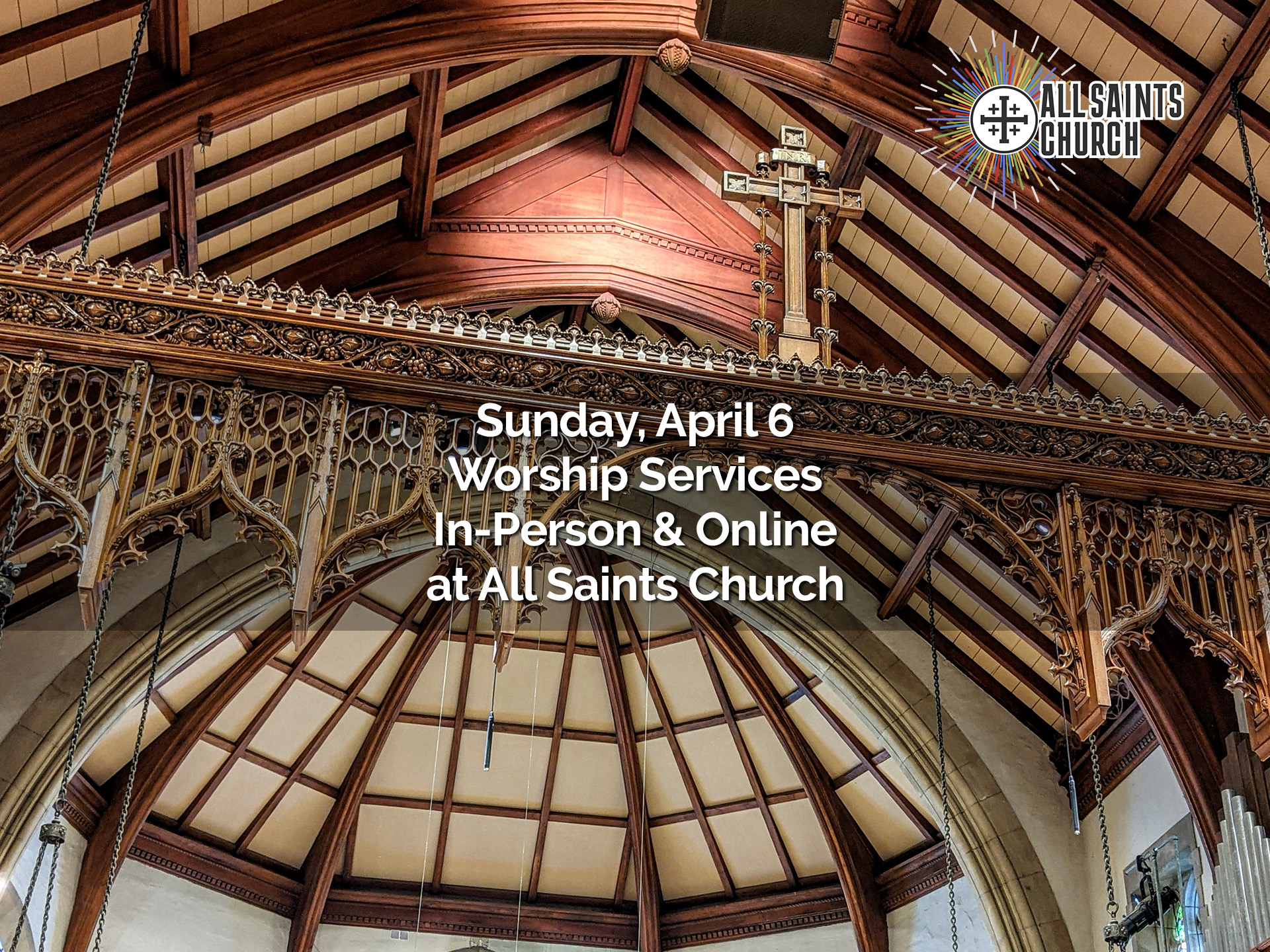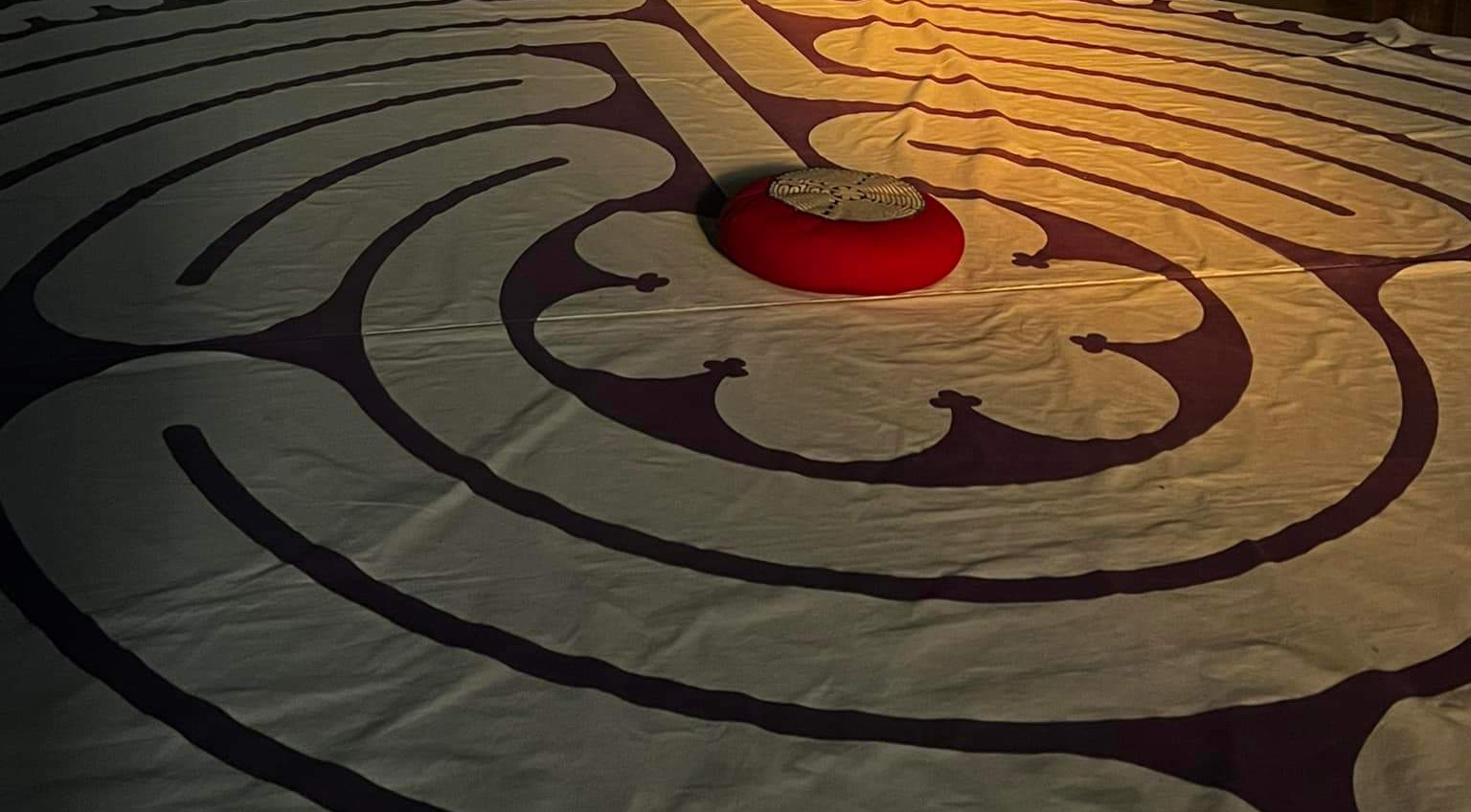Like as the hart desireth the waterbrooks, so longeth my soul after thee, O God.
My soul is athirst for God, yea, even for the living God.
When shall I come to appear before the presence of God?
My tears have been my meat day and night, while they daily say unto me:
“Where is now thy God?
Since first hearing these words of Psalm 42, I have been drawn deeply into the emotion and longing expressed. Perhaps now more than ever before, in this period of so much personal transition, institutional change and societal upheaval, reaching for the hand of God is my lifeline.
The image of water as life is so vivid and real; it is not difficult to picture the deer in search of the waterbrooks. The longing of the heart (and the hart) for a place of refreshment, strength and renewed life is palpable.
What spiritual tools do I have when I find myself in a place of being overwhelmed by the weight and struggles of life, when literally “my tears become my food day and night,” when I feel personally disconnected from the Source and actually utter the question, “Where is God now?”, when I am in a desolate valley with no water in sight?
It may come as no surprise that music is my path to the healing, restoring waters of God. Indeed, Herbert Howells’ dramatic and moving setting of this Psalm 42 text is—in itself—an amazing pathway to the healing waters.
Silence and stillness offer a similar path, and for me, it needs to be a very conscious and intentional decision to simply stop—to be still, to listen, to be in God’s presence.
Desmond Tutu writes: “We can hear God’s voice most clearly when we are quiet, uncluttered, undistracted—when we are still. Be still, be quiet, and then you begin to see with the eyes of the heart.”
Whatever our path, may our “eyes of the heart” be open and attentive this Lent.
Today’s Daily Lenten Meditation is by James Walker, Director of Music. Watch for daily postings from All Saints Church as we take the forty day journey to Easter together.



